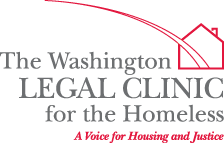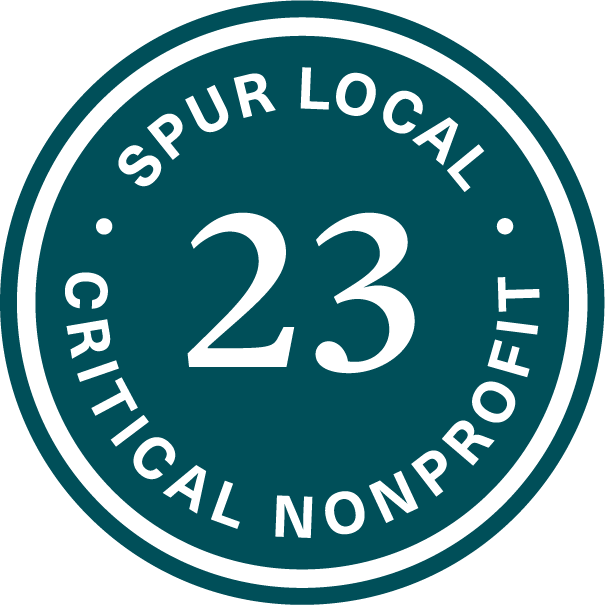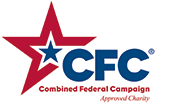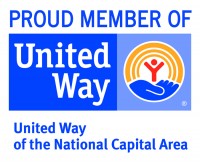Editor’s Note – July 29, 2021: For Updated Information on the FY22 Budget – Visit This Blog Post!
We are in crunch time for DC’s budget! We need your help to tell the DC Council that they have a lot of work to do to end homelessness and repair public housing.
Take action here:
https://actionnetwork.org/letters/tell-dc-council-end-homelessness-and-repair-public-housing
The following is adapted from Amber Harding’s oral testimony provided to the DC Council Committee of the Whole last Friday at the final budget hearing. Our full written testimony can be found here.
When the COVID-19 pandemic hit DC, it hit homeless people hard. When businesses and day programs closed and most of us stayed home, people living on the street had no place to go to the bathroom, no way to make money to buy food, no free dining programs, and no access to water. In shelters, people had access to toilets, food and water—but they also had access to COVID. Some left shelters for the street to avoid getting sick.
Families fared better in some ways. In shelters, the relative privacy meant that their chance of getting COVID was lower, but not as low as it would have been if they had their own bathrooms or housing. In rapid re-housing, families felt tremendous anxiety over whether they would be lose their housing in the middle of a pandemic. Many parents could no longer ask friends or family to help with child care. Like many of us, parents had to be parent, teacher, friend, and even therapist for their kids while struggling with what their future would hold.
DC did attempt to mitigate or even alleviate the harm. It provided handwashing stations and portable toilets at some encampments and figured out a food and water distribution system. It developed cleaning and social distancing protocols in shelters. It stopped forcibly displacing people from encampments. It operated a hotel program to prevent high risk people from dying of COVID-19—not enough rooms but transformative for the ones who got in. It put a stop to most shelter terminations and to all rapid re-housing time limit exits. It stopped evictions.
Now the city is starting to reopen, starting to push to get “back to normal.” What does that mean for people who do not have stable, affordable housing? The Council is contemplating lifting the eviction moratorium, despite the eviction prevention program being deeply, deeply flawed. The Department of Human Services (DHS) will begin terminating families from rapid re-housing August 1, even if it is mathematically impossible for them to pay their rents, resulting in thousands of families at risk of homelessness just as the eviction moratorium lifts. Federal money will run out for the hotel program in September, and hundreds of high-risk individuals will be forced back to the street or crowded congregate shelters. Back to normal means eviction, displacement, terminations, and inhumane conditions. Back to normal means ignoring the racial impact of COVID, of policing, of homelessness, of displacement. Back to normal means pathologizing homelessness and pretending it is a consequence of individual decisions, rather than systemic failures or lack of political will.
DC can do better than “normal.” While individuals can rarely end homelessness by making different choices, elected leaders sure can. We ask the DC Council to invest over $100 million to fund Permanent Supportive Housing (PSH), Targeted Affordable Housing (TAH), Local Rent Supplement Program (LRSP) tenant vouchers, and the Reentry Housing Pilot to end homelessness quickly for thousands of individuals and families. We also ask the Council to restore the cut and increase eviction prevention fund and invest an additional $38 million in public housing repairs.
As for how or where to find the money, we support the Fair Budget Coalition’s tax platform, including raising income taxes on the highest-income earners, defunding the police, and moving money from failing programs. We trust that, if ending homelessness is truly our elected leaders’ priority, they will find a way to make it happen. It is unacceptable to allow homelessness to continue to exist because the Council cannot agree on how to grow or redistribute the pie.
Don’t forget to take action here!





